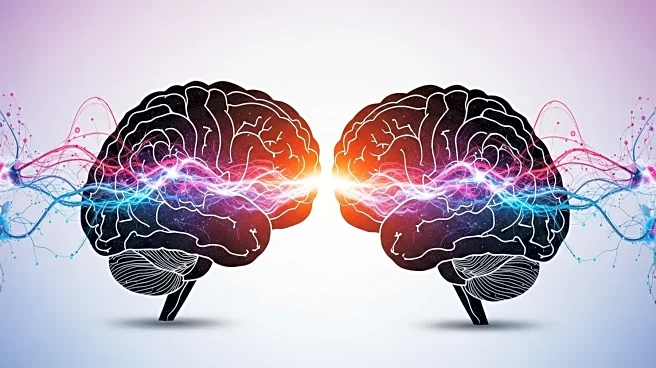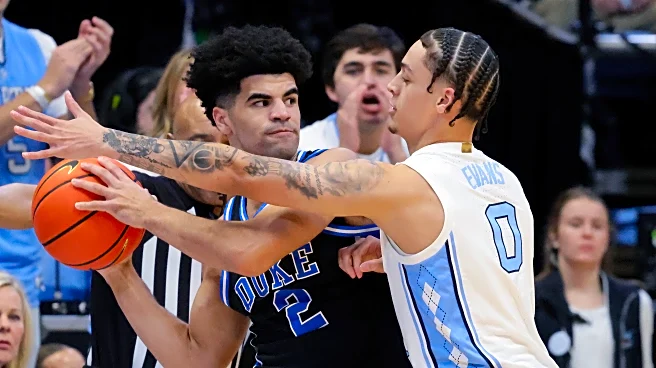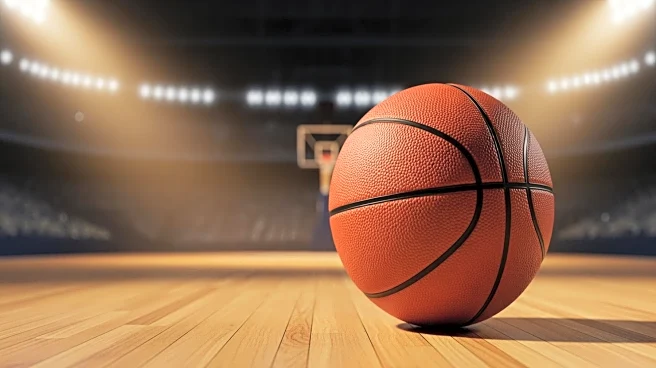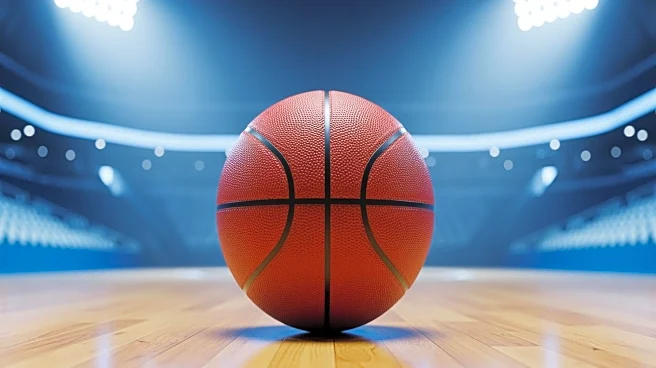What is the story about?
What's Happening?
A study conducted by researchers at UCLA and Dartmouth has revealed that individuals whose brains react similarly to movie clips are more likely to form lasting friendships. The study involved 41 MBA students who watched various movie clips while undergoing fMRI scans. The researchers tracked the students' social networks over eight months, finding that those with similar neural responses were more likely to become friends and maintain close relationships.
Why It's Important?
This study provides insight into the neurological basis of friendship formation, suggesting that shared brain responses to audiovisual stimuli may play a crucial role in social bonding. The findings could influence future research in psychology and neuroscience, potentially impacting how social networks are understood and how interventions for social isolation are developed.
What's Next?
Further research may explore the implications of neural similarity in other social contexts, such as workplace dynamics or educational settings. The study's findings could lead to new approaches in fostering social connections, particularly in environments where individuals struggle to form relationships.
Beyond the Headlines
The study challenges traditional notions of friendship based on shared interests or backgrounds, suggesting that deeper cognitive processes are at play. This could lead to a reevaluation of how social compatibility is assessed, with potential applications in matchmaking services or team-building exercises.















